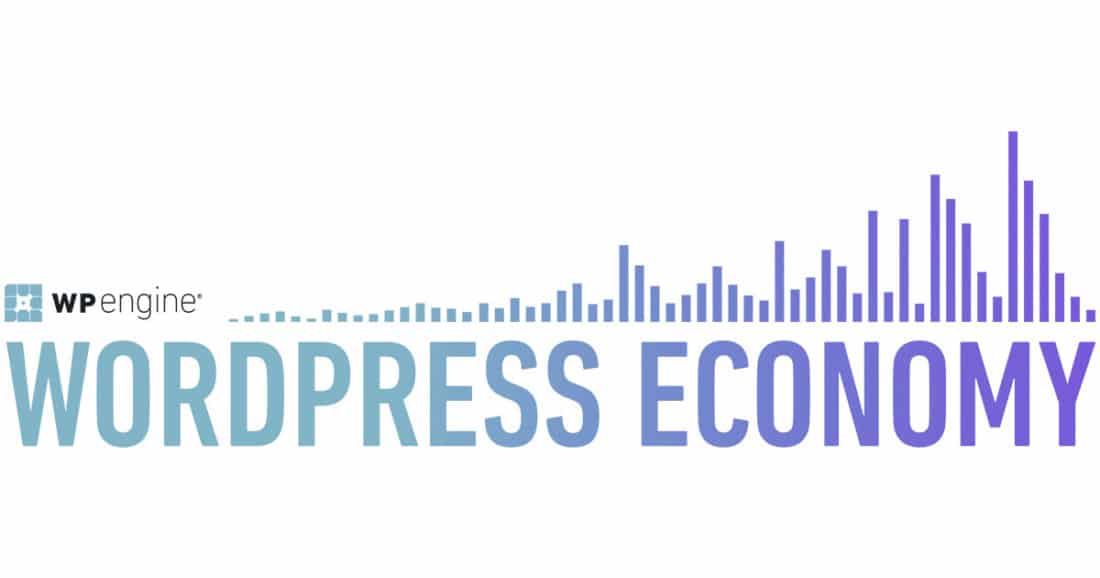This article was updated in January 2022.
Since its inception in 2003, WordPress has played a fundamental role in establishing and sustaining the democratization of publishing while promoting an inclusive open source culture. WordPress dominates the current content management system landscape, and its market share is only growing. The wildly popular CMS is used by Fortune 500 companies, bloggers, agencies, and countless other businesses and individuals.
I discovered WordPress when I started a political blog way back in 2005 (which, mercifully, expired long ago). At the time, my developer suggested WordPress due to its accessibility and intuitive nature, even for a blogger with zero tech savvy like my younger self.
Over 16 years later, it’s easy to see why WordPress is the darling of content creators and developers, from both an editorial and IT perspective. Not only is it the most widely used CMS today, it’s also the fastest growing platform. Its highly customizable framework featuring tens of thousands of themes and plugins provides a sense of ownership and autonomy—and freedom.
The Global WordPress Economy: Half a Trillion in Revenue
According to a groundbreaking study of the global WordPress economy, “The Economic Value of WordPress,” WordPress is expected to grow to $635.5 billion by the end of 2021—a huge increase from the estimated $596.7 billion economy in 2020. The comprehensive analysis, spearheaded by WP Engine, examined and measured the economic value of the expanding WordPress ecosystem. It also weighed the corresponding social impact of the tight-knit open source community at large.
Here’s a look at the numbers. If WordPress were its own country, its economy would rank 39th in the world by GDP. In fact, the projected 2021 WordPress economy is comparable to that of the Apple App Store ($643B) and Tesla ($550.72B).
Not surprisingly, websites account for a tremendous share of the economic value generated by the overall digital economy, making up approximately 22.5% of the $87.74T global economy. At 64.9% of market share (and the CMS behind 82M+ websites around the world), WordPress continues to dominate its competitors, which currently power just 41.4% of the internet combined.
By the end of 2025, WP Engine estimates that half of the internet will be powered by WordPress.
The WordPress Economy Confronts the Global Pandemic
It’s not a stretch to say that the agile WordPress framework helped keep businesses and the remote workforce afloat during Covid-19. WordPress empowered people to adapt and respond quickly to the changing pandemic-related demands of their customers. The ease of use of the platform provided essential support to websites from e-commerce shops to the newspaper of record. (Yes, The New York Times is powered by WordPress, as is the White House).
During last year’s pandemic, 65% of all U.S. customer interactions occurred online—a significant increase from only 41% during 2019. That said, businesses had to immediately pivot to address the needs of the wary Covid consumer; the inherent flexibility and customization WordPress offers enabled them to do just that. A number of WordPress tools and plugins are also adept at social media sharing and search engine optimization. These two factors helped create an enhanced customer-centric user experience during uncertain times.
The Global WordPress Community
WordPress isn’t just a content management system; it’s the great equalizer of the publishing industry, from large enterprises to cash-strapped writers. The vibrant WordPress community is comprised of web developers and engineers, marketing professionals, designers, and freelancers—all makers and creators in their own right.
Traditionally in-person events, such as WordCamps and meetups, transitioned to online formats during Covid-19. Despite the change, members continued to collaborate and share expertise through online support forums and virtual hackathons.
While open source software remains the foundation, it’s the people, contributors and volunteers within this robust community who have made the WordPress ecosystem what it is today—and what it’s worth.
Download the entire study in our Resource Center here.
